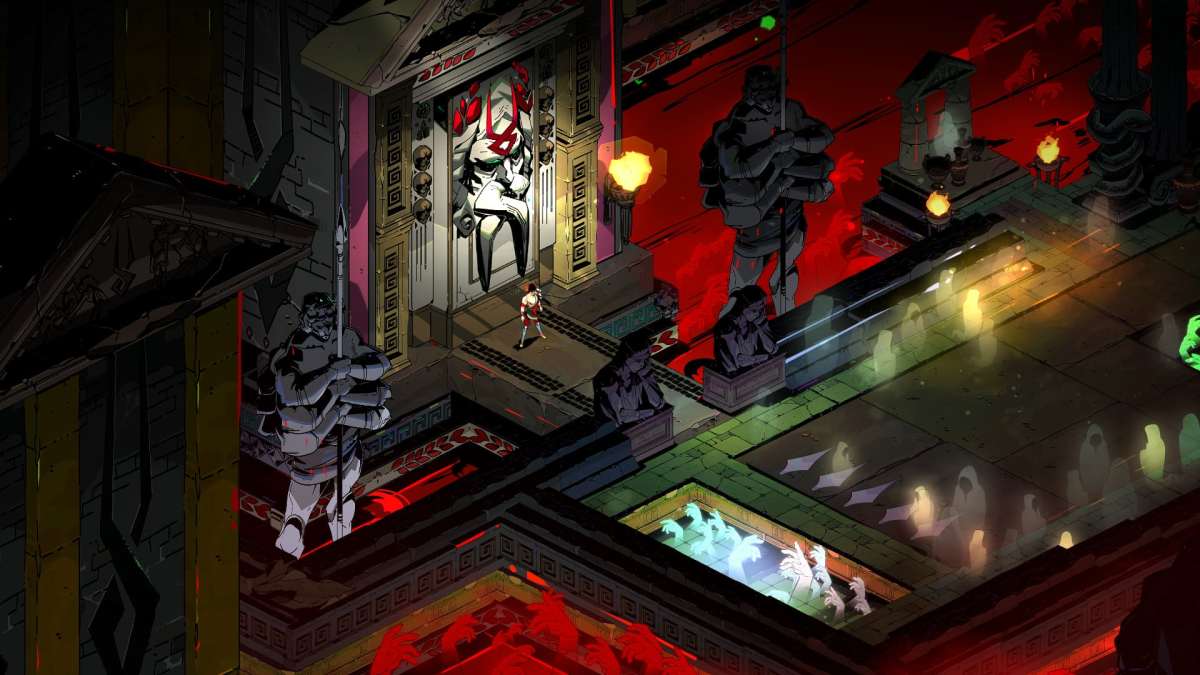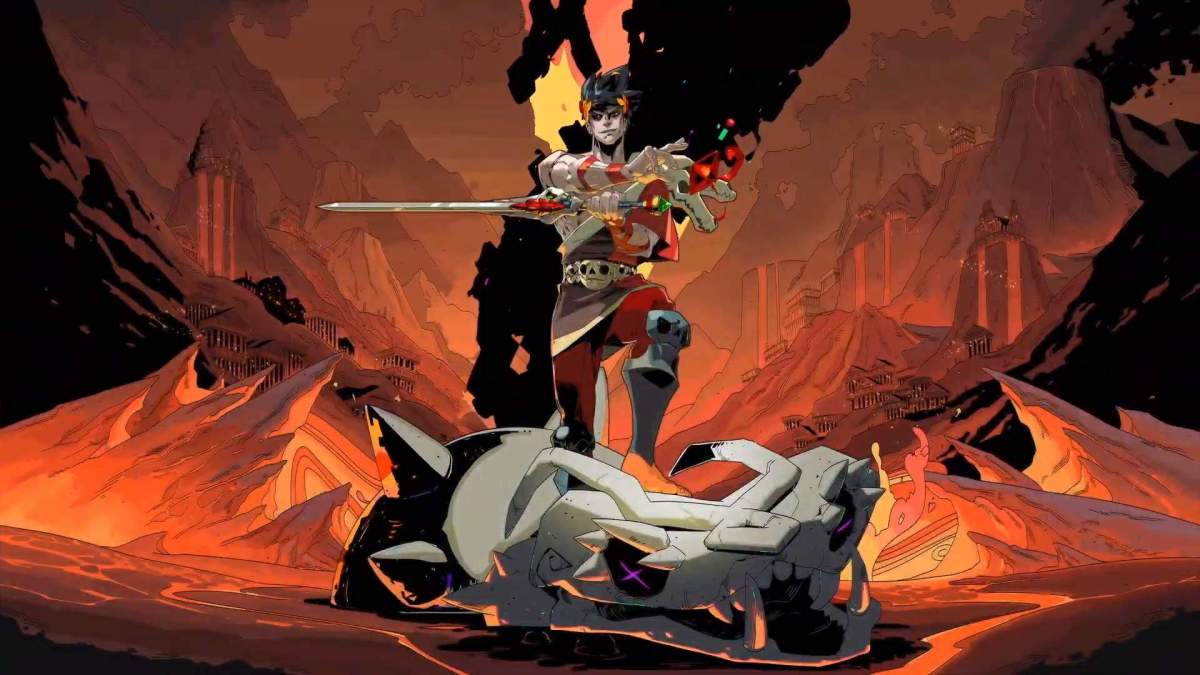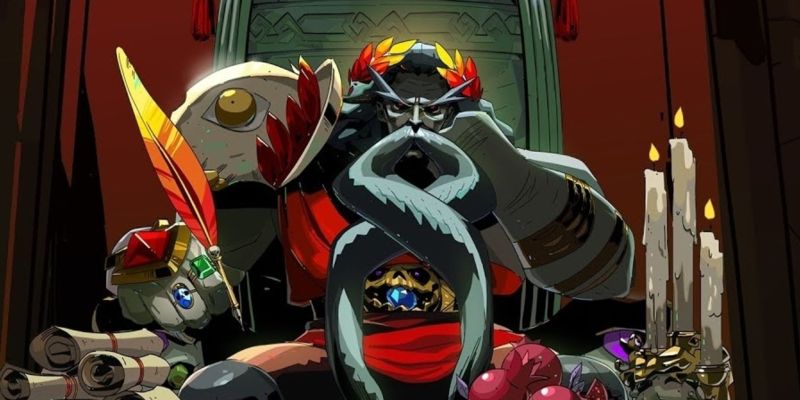A relationship between a father and son can be one of contention and disappointment, especially when you are the firstborn and you may potentially have to inherit their empire, whatever it might be. This could be a monumental task because you don’t feel worthy or it’s not your passion, and here the contention can grow.
This is actually my story, of my relationship with my dad, and I’m sure it’s the story many people have with their parents. It’s something that began when I was a child. I never connected with my dad’s profession as much as he did. He’s a glassblower. It’s something he loves, something he’s great at. He’s been doing it for over 40 years. It’s all he’s ever known.
I, on the other hand, am here. I am a writer, an artist, a creative. Even if I’m nobody of note, this is my passion.
Here he was my whole life giving opportunity after opportunity to become a part of his legacy, and for years I couldn’t — and though I’ve been working for him, I’ve never given my all to the job. My future with the company and my place in the family was always a conversation that was constantly being put off.
Cut to the closing scenes of Hades, and I think I finally understand my father. And it broke my heart.

Father and Son and Hades
Hades is a roguelike game from Supergiant, a maker of major indie hits like Bastion and Transistor. In Hades, you play as young god Zagreus, son of Hades, the terrifying god of the underworld. Zagreus is desperately trying to escape his father, as well as all the responsibilities that come with that, and try to become his own man.
He’s trying to strike out into the world and do something for himself, much like many children try. He and his father don’t agree on anything, and it comes from a place of resentment. Zagreus hates the underworld and being forced into learning all its ins and outs. He doesn’t want to become his father.
Is his father fantastic at what he does? Yes. But that’s not Zagreus. However, as Zagreus tries to desperately escape, he comes to realize he may have a place there after all, and his father might not be the monster Zagreus believed him to be.
The game portrays this both narratively and mechanically. For the latter, there is utilizing your currency to build up the quality of the house of Hades. You can also put in work to fix broken areas, give better items to various employees of your father, and, before you realize it’s happened, you have become middle management and are helping Hades build a better underworld.
Additionally, each time Zagreus reaches the surface, he has to fight Hades and is drip-fed more information. All this information gives Zagreus, and the player, an insight into what makes Hades tick as a man, not just a god. This is enlightening and deeply moving.

Coming to Terms with Who You Are
When I finished Hades, I couldn’t help but see parallels between myself and the son of the god of the dead. Here is a man trying to figure out who he is over the course of approximately 38 hours, (My playtime was significantly longer at 60 hours.) while I am a man in his early 30s who has finally understood what my dad was trying to do over the course of my many years under his employ.
Seeing Zagreus and Hades come to an understanding through a baptism of fighting reminded me of my own arguments with my dad. Then when Hades finally lets his guard down and explains that he believes Zagreus is a key figure in his company and family, it all clicked with me.
The team at Supergiant has crafted not only a quality video game, but also touched on an intimately familiar family dynamic for many. It’s further proof that games as a medium are constantly evolving and can give players not just a sense of satisfaction or enjoyment, but also catharsis. Much like Zagreus at the end of Hades, I have never felt better connected with my own dad and my place in the grand scheme of my own story.
